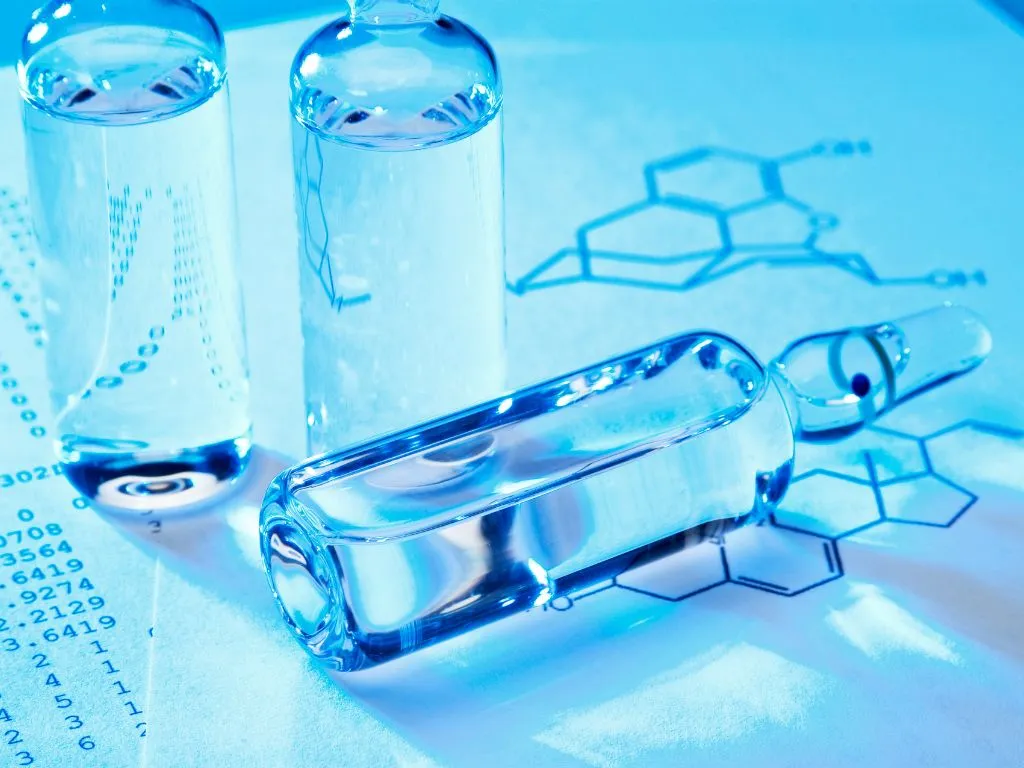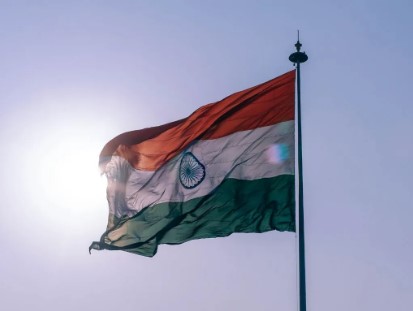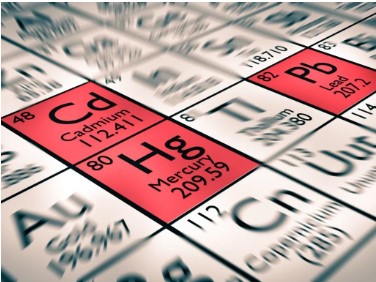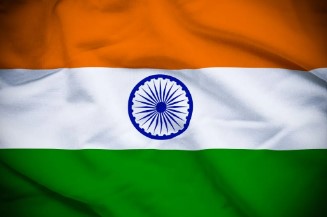Bureau of Indian Standards Closes Consultation on Revisions to PET Food Contact Material Standard

The Bureau of Indian Standards has recently concluded its consultation on a revised standard for polyethylene terephthalate (PET) used as a food contact material. The consultation, which closed on 16 February 2024, focused on outlining the requirements, sampling methods, and tests for blow moulded PET containers suitable for packaging a variety of solid and semi-solid food items.
Main changes in the revised standard:
- The title of the standard has been changed to reflect the expanded scope.
- Recyclability and other requirements for plastics in compliance with the Plastic Waste Management Rules, 2016, as amended, have been included.
- The container shall be of any nominal capacity as specified in the Legal Metrology (Packaged Commodity) Rules, 2011, as amended by GSR 779(E) of 2 November 2021.
- Specific migration limits as per the Food Safety and Standards (Packaging) Regulation 2018, as amended, have been incorporated.
- Storage stability test has been incorporated.
- The marking / labelling clause has been revised to marking / packing clause with labelling requirements in accordance with the Food Safety and Standards (Labelling and Display) Regulation, 2020 and its amendments
The PET container is subjected to an overall migration test in accordance with the requirements of IS 9845:
- The choice of simulants and test conditions (time-temperature) depends on the type of food and the conditions of use of food products.
- The maximum extraction values for the container material shall not exceed 60 mg/kg and 10 mg/dm2.
For coloured plastic materials, the colour migrated into the simulant shall not be visible to the naked eye (see IS 9833). If the migrated colour is clearly visible, such materials are not suitable, even if the extractive value is within the overall migration limit. The specific migration limits for all toxic substances are listed below:
| Toxic substances | Maximum migration limit (mg/kg) |
| Barium | 1.0 |
| Cobalt | 0.05 |
| Copper | 5.0 |
| Iron | 48.0 |
| Lithium | 0.6 |
| Manganese | 0.6 |
| Zinc | 25.0 |
| Antimony | 0.04 |
| Phthalic acid, bis(2-ethylhexyl) ester (DEHP) | 1.05 |
Further details of the requirements, methods of sampling and tests can be found here:
WCPCD5621921_17012024_2.pdf (bis.gov.in)
We acknowledge that the above information has been compiled from Bureau of Indian Standards.



